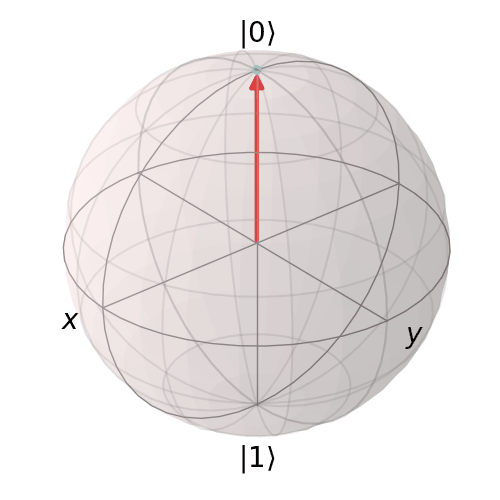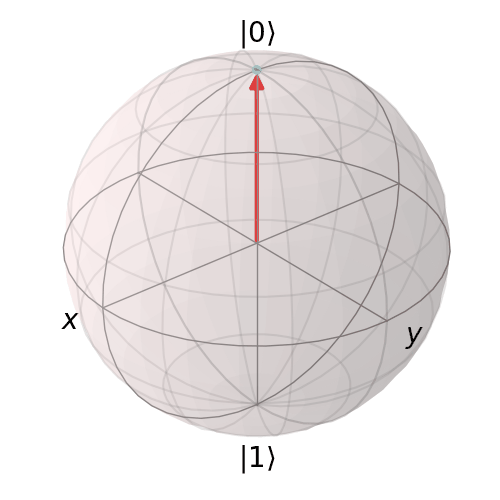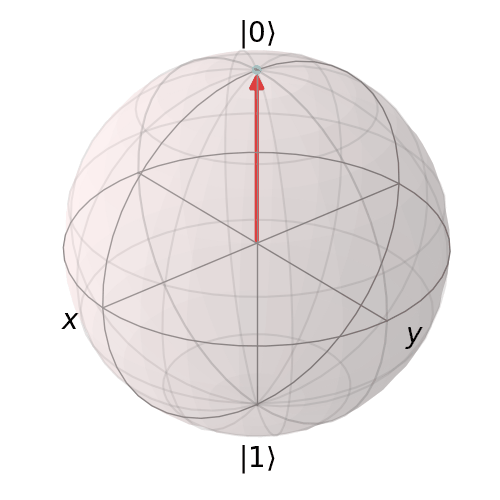CaSToRC carries out research in computational physics at the cutting edge of HPC, focusing on areas that benefit from the advancement of computing systems. Large-scale simulations of the strong interactions are carried out, enabled by innovative algorithms, scalable parallel software, and efficient data analysis workflows developed by the team. Furthermore, CaSToRC researchers design, implement, and benchmark algorithms on Quantum Computers, to obtain valuable insights on how to map optimization problems onto such novel technologies.
Via these research activities, CaSToRC develops technical expertise that complements the theoretical and experimental activities carried out in these fields at local universities and research centres. Furthermore, via projects such as EuroCC and PRACE, CaSToRC supports scientists at universities, research institutes, and in industry to take advantage of cutting-edge computer technologies and algorithms.
Large-scale simulations for Lattice QCD
CaSToRC pursues state-of-the-art research in strong interaction physics, utilising the world-acknowledged expertise of its staff. Large-scale simulations and analyses are carried out to reveal the properties of the fundamental constituents of matter and connect with precision experiments that test the Standard Model of particle physics. These ambitious scientific goals drive the development of computational methods and efficient software that scales on the largest systems in the world, in turn enabling the group to successfully compete for large-scale computational resources. Indeed, CaSToRC researchers regularly secures competitively awarded projects on several peta-scale systems within PRACE Tier-0 calls and beyond, gaining access to Piz Daint of CSCS, Marconi100 at CINECA, and JUWELS of Jülich Supercomputing Center (JSC).
CaSToRC participates in the joint development of the Simulation and Data Laboratory (SimLab) with the JSC and the research centre DESY-Zeuthen in Numerical Quantum Field Theory. While SimLabs are research and support structures for specific scientific communities, the lattice QCD researchers of the CaSToRC SimLab support a broader scope of scientific fields, starting from the scientific computing activities of CyI. SimLab scientists assist in performing simulations on HPC systems and engage in community-building measures such as education, training, and guest programmes. They have participated in the prototyping, community code development activities, and internship program of the PRACE implementation phases (IP), lead a project within PRACE-6IP for algorithms suitable for exascale and implement them in community codes with computer scientists from Inria and LRZ, and co-organize the well-known "Lattice Practices" series of training workshops.

Quantum Computing
A major new initiative is the exploration of Quantum Computers for simulating simple physical systems, proof-of-principle experiments that will allow for the development of tools and methods. CaSToRC was awarded the second of two ERA-Chair projects, named QUEST, to establish a research group in Quantum Computing in CaSToRC under the direction of Dr. Karl Jansen starting January 2023.
Of particular focus are hybrid quantum-classical approaches that employ quantum devices as coprocessors to tackle parts of the problem which are not efficiently tractable with classical computers. Hybrid quantum-classical approaches in particular are variational quantum algorithms (VQAs) during which parameters of the quantum circuit are trained using a feedback loop between a classical computer and the quantum device.
 |
 |
 |

